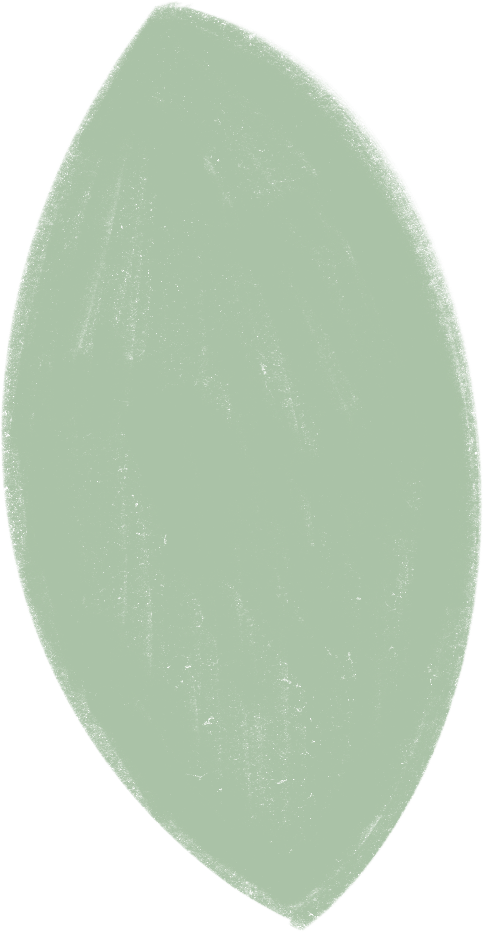In the Montessori classroom, children are given the freedom (within limits) to choose what work they will do and for how long they will engage in that activity. The room is divided into seven interconnected areas of activities to assist children in their development.
Practical Life
Provides the children with practical life activities, giving the child a feeling of dignity, accomplishment, self-confidence and independence. Activities in this area give children the chance to develop skills to care for themselves and their environment. These exercises establish the ‘work cycle’ in which work is chosen, completed and returned to its place prepared for the use of the next person. They offer ‘repetitive cycle’, which helps the child establish patterns of order and sequencing. Examples include daily living tasks such as pouring juice, putting shoes on, sweeping and buttoning a shirt. They also help children to concentrate, to expand their attention span and to improve their eye-hand coordination.
Sensorial
Allows children to use their senses to learn about the world, such as colour, size, sound, texture or shape. They help to develop the child’s visual, auditory and physical senses. Some Montessori materials, such as geometric solids are concrete representations of mathematical concepts that appear in later schooling.
Language
Language activities and materials increase vocabulary and conversational skills, develop sound identification, reading and writing skills and begin an understanding of grammar. The children use simple sandpaper textured letters and the wooden alphabet to develop skills in writing and then later into reading.
Mathematics Activities
Hands on experience with maths materials give children clear, concrete impression on which to build their own abstractions. Special materials such as spindle boxes and bead bars allow the child to see what “nothing” or zero looks like.
Geography
Studies about countries and activities with snacks from other countries and international celebrations are all part of geography. Equipment include wooden puzzle maps.
Science
Studies of plants and animals include parts of various plants, vertebrates, habitats and weather conditions that support particular plants and animals and for the kindergarten level children, studies of the planets.
Art, Culture & Music
Painting, colour mixing, collage and printmaking, carefully chosen music and musical instruments are just some of the activities provided.
Art, Culture & Music
Painting, colour mixing, collage and printmaking, carefully chosen music and musical instruments are just some of the activities provided.
To compliment the Montessori curriculum, we also follow the Early Years Learning Framework. The combination of these two curriculums provides a well balanced, wholisitic learning program that provides strong foundation of learning and development for each child.
Early Years Learning Framework
To compliment the Montessori curriculum, we also follow the Early Years Learning Framework. The combination of these two curriculums provides a well balanced, wholisitic learning program that provides strong foundation of learning and development for each child.
Learn MoreNature & Sustainability
We are not only passionate about learning in the classroom setting, but we believe that nature and the environment plays a key role in education. Each of our centres has a sustainability plan which includes vegetable gardens, worm farms and chickens. Children are encouraged to collect eggs from the chickens, water and harvest the vegetable gardens as well as putting scraps into our worm farms which produce fertiliser for our gardens.








